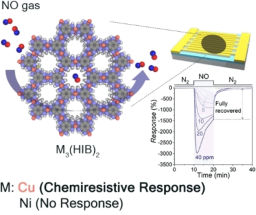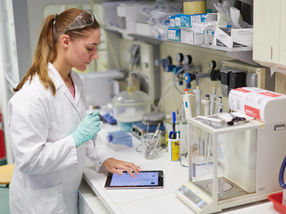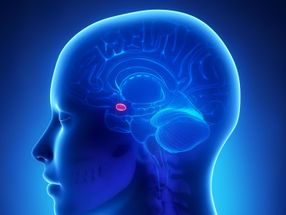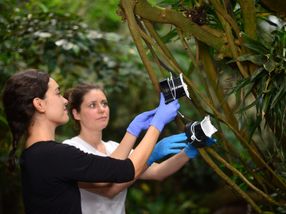Nanoparticle technology triples the production of biogas
Researchers of the Catalan Institute of Nanoscience and Nanotechnology (ICN2), a Severo Ochoa Centre of Excellence, and the Universitat Autònoma de Barcelona (UAB) have developed the new BiogàsPlus, a technology which allows increasing the production of biogas by 200% with a controlled introduction of iron oxide nanoparticles to the process of organic waste treatment.
The development of BiogàsPlus was carried out by the ICN2's Inorganic Nanoparticle group, led by ICREA researcher Víctor Puntes, and by the Group of Organic Solid Waste Composting of the UAB School of Engineering, directed by Antoni Sánchez.
The system is based on the use of iron oxide nanoparticles as an additive which "feeds" the bacteria in charge of breaking down organic matter. This additive substantially increases the production of biogas and at the same time transforms the iron nanoparticles into innocuous salt.
"We believe we are offering a totally innovative approach to the improvement of biogas production and organic waste treatment, since this is the first nanoparticle application developed with this in mind. In addition, it offers a significant improvement in the decomposition of organic waste when compared to existing technologies", explains Antoni Sánchez.
According to researchers, today's biogas production is not very efficient - only 30 to 40 per cent of organic matter is converted into biogas - when compared to other energy sources. "The first tests conducted with BiogàsPlus demonstrated that product increases up to 200% the production of this combustible gas. This translates into a profitable and sustainable solution to the processing of organic waste, thus favouring the use of this renewable source of energy", affirms Eudald Casals, ICN2 researcher participating in the project.
At the moment, BiogàsPlus has been successfully applied in cellulose and mud found in urban treatment plants, but it also can be used in different anaerobic digestions, such as agricultural, industrial or urban waste treatments.
"Now the challenge lies in extrapolating the technology to digesters with capacity for hundreds of cubic metres. This would allow using it in large-scale anaerobic digestion processes around the world, thereby greatly increasing the production of biogas, a renewable energy which is growing steadily and is accessible to everyone", Antoni Sánchez explains.
Most read news
Other news from the department science
These products might interest you
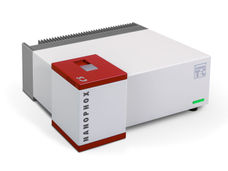
NANOPHOX CS by Sympatec
Particle size analysis in the nano range: Analyzing high concentrations with ease
Reliable results without time-consuming sample preparation

DynaPro Plate Reader III by Wyatt Technology
Screening of biopharmaceuticals and proteins with high-throughput dynamic light scattering (DLS)
Efficiently characterize your sample quality and stability from lead discovery to quality control

Eclipse by Wyatt Technology
FFF-MALS system for separation and characterization of macromolecules and nanoparticles
The latest and most innovative FFF system designed for highest usability, robustness and data quality

Get the chemical industry in your inbox
From now on, don't miss a thing: Our newsletter for the chemical industry, analytics, lab technology and process engineering brings you up to date every Tuesday and Thursday. The latest industry news, product highlights and innovations - compact and easy to understand in your inbox. Researched by us so you don't have to.
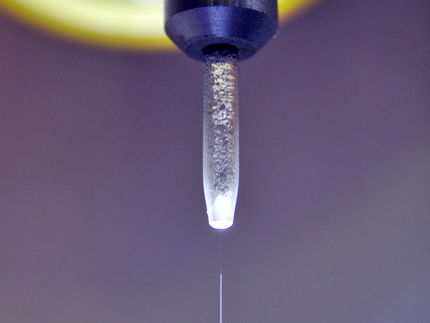







![[Fe]-hydrogenase catalysis visualized using para-hydrogen-enhanced nuclear magnetic resonance spectroscopy](https://img.chemie.de/Portal/News/675fd46b9b54f_sBuG8s4sS.png?tr=w-712,h-534,cm-extract,x-0,y-16:n-xl)
